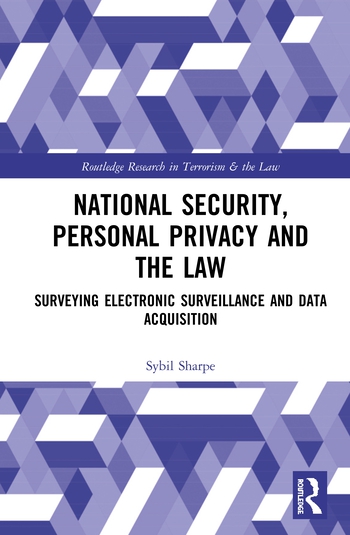Federal prisons will be required to renovate broken and outdated video surveillance systems to ensure all facilities have the coverage necessary to protect the safety of prisoners and employees.
The bipartisan Prison Camera Reform Act was signed into law by President Joe Biden on Tuesday. It requires the Bureau of Prisons to evaluate and enhance security camera, radio and public address systems at its 122 facilities.
The agency must submit a report to Congress within three months detailing deficiencies and a plan to make needed upgrades. The upgrades are required within three years and the bureau must submit annual progress reports to lawmakers.
The Act, which passed the Senate last year and the House on Dec. 14, includes the following language:
- The plan for upgrading the security camera systems must address deficiencies including: an insufficient number of cameras, inoperable or malfunctioning cameras, blind spots, poor quality video, and other deficits in the systems. It must also include plans for converting analog cameras to digital surveillance systems with corresponding infrastructure and equipment upgrade requirements.
- The plan for upgrading the radio systems must address deficiencies including: an inadequate number of radios, inoperable or outdated radios, and radio dead zones. It must also include plans for ensuring that all radio systems include an emergency notification feature, also known as a “man down” function, which automatically sends an alert and transmits the location of that radio in the event the wearer is in a prone position.
Dilapidated and insufficient video systems have allowed inmates to escape from federal prisons and hampered investigations, according to the bill’s sponsor, Sen. Jon Ossoff, D-Ga.
“Broken prison camera systems are enabling corruption, misconduct and abuse,” Ossoff said in a statement. “That’s why I brought Republicans and Democrats together to pass my Prison Camera Reform Act, which is now law.”
Broken security camera systems have been an issue in inmate deaths, including that of financier Jeffrey Epstein at a federal jail in New York City in 2019. In March, the Associated Press reported that a lack of security cameras in critical areas contributed to widespread staff sexual abuse of inmates at a federal women’s prison in Dublin, Calif.










